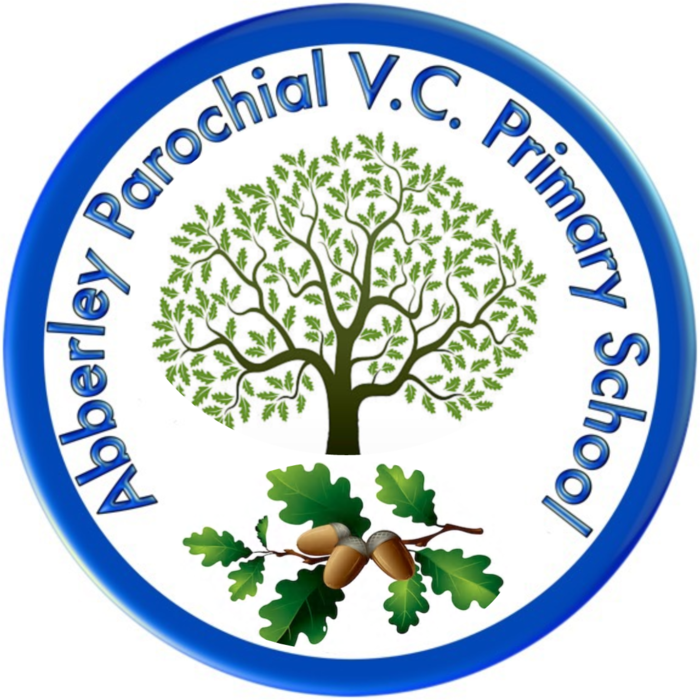Week 1
Timetable
Below are daily activities for English and Maths. After you have completed your daily English and Maths learning, select one of the other subjects from the PDF's at the bottom of the page. Select one of the five other subjects to complete each day.
English
This week we are going to be reading in our English lessons.
Watch this link to listen to the poem - I Love Bugs by Emma Dodd.
You can hear and read lots of exciting describing words. Write the words from the poem, e.g. springy, jumpy so that there is a large group of words. You may want to listen again and pause the video.
Use the words to make up some new noun phrases to describe different animals or bugs.
Draw your new bug showing the expanded noun phrases.
Challenge ... Did you hear the alliteration in the poem? Can you use alliteration to create a powerful descriptions to describe a different bug?
Day 2 English
Listen to the poem again and discuss why do some of the noun phrases have hyphens? How are these read? As you listen to the poem write down any rhyming words you can hear.
Parents: Just in case you are unsure of why hyphens are used (The use of a hyphen is a simple rule of English grammar. they are used to tell the reader that the hyphenated adjectives modify the same noun; that is, wine-dark both modify the word sea).
Read the hyphen pages ( PDF at bottom of page) and see whether you were able to find all the examples.
Decide which level of challenge you are going to try....
|
Learning: I can hear and write rhyming words |
|
|
Bronze |
Take the rhyming quiz and write the rhyming pairs in your learning book (PDF at bottom of page) |
|
Silver |
Think of your favourite animal and write down different pairs of rhyming words to describe it. |
|
Gold |
Complete silver plus can you create any hyphen noun phrases which rhyme? |
Day 3 English
I Love Bugs has lots of examples of alliteration. Look at the alliteration Powerpoint (bottom of page) to learn more about alliteration. Copy the sentences and fill in the gaps to make alliteration sentences. You can use the words in the examples or think of your own.
Challenge... think of your favourite animal and use alliteration to describe it.
Day 4 English
Today you are going to plan your own poem based on the same layout as Emma Dodd in her book, I Love Bugs! Listen and read the poem again with me and then create your own poem. Your poem can be based on animals or if you prefer, you can base it on anything that you love! e.g. sport, cars, superhero s etc. (Below is the layout to use from the book)
I love all bugs…
I love
I Love
I Love
I Love
I Love
Yes, I Love all bugs! Hop and fly and crawl bugs.
But the best bugs are
|
Learning: I can create my own descriptive poem based on the book -I Love Bug Select the level of challenge Bronze, Silver or Gold. |
|
|
Bronze |
To create a poem through the careful choice of words using expanded noun phrases. |
|
Bronze plus Silver |
To use alliteration and rhyme where possible to create powerful descriptions in my poem |
|
Silver plus Gold |
Use hyphens and exclamation marks correctly in my writing. |
Parent tips: Today is about generating ideas and experimenting with language. Tomorrow children will be encouraged to check their work for spellings, handwriting, grammar etc.
Day 5 English
Yesterday you created a plan to write your own poem. Today, use your best handwriting to write up your poem. Think carefully about how you are writing your letters. Check your spellings and make sure you have used all your spelling knowledge to spell words correctly. I look forward to reading your completed poem.
Day 1 Maths
This week you are going to learn how to tell the time. Download the PDF at the bottom of the page and make your own clock. Look carefully at a clock in your home to make sure you stick the numbers in the correct place.
Click on the lesson 'Reading and writing the time to o'clock (Part 1)'
Day 2 Maths
Click on the lesson 'Reading and writing the time to o'clock (Part 2).' Click on the appropriate PDF maths challenge at the bottom of the page. Bronze is the easiest challenge, silver and then gold. You do not need to complete all of the challenges just select the appropriate challenge. However, you can complete all three challenges if you want to.
Day 3 Maths
Click on the lesson 'Reading and writing the time to o'clock and half past (Part 1)' Click on the PDF day 3 activity below.
Day 4 Maths
Click on the lesson 'Reading and writing the time to o'clock and half past (Part 2)'
Think about your own day and tell me what you will be doing at o clock, ½ past and maybe ¼ to and ¼ past times. Use the blank clock faces (PDF at bottom of the page) to draw on the hands to show the time, then write a sentence explaining what you are doing at this time.
Use these links to click on the level your child requires to practise telling the time
https://mathsframe.co.uk/en/resources/resource/116/telling-the-time
http://www.ictgames.com/mobilePage/hickoryDickory/index.html
https://www.sheppardsoftware.com/mathgames/earlymath/on_time_game1.htm
Day 5
You have learnt to read a clock to o'clock and 1/2 past this week. Ask your parents to set your clock face to different times to see how quickly you can tell the time.
Download the PDF at the bottom of the page ( Day 5 Maths) and work out the answers to the time problems.
